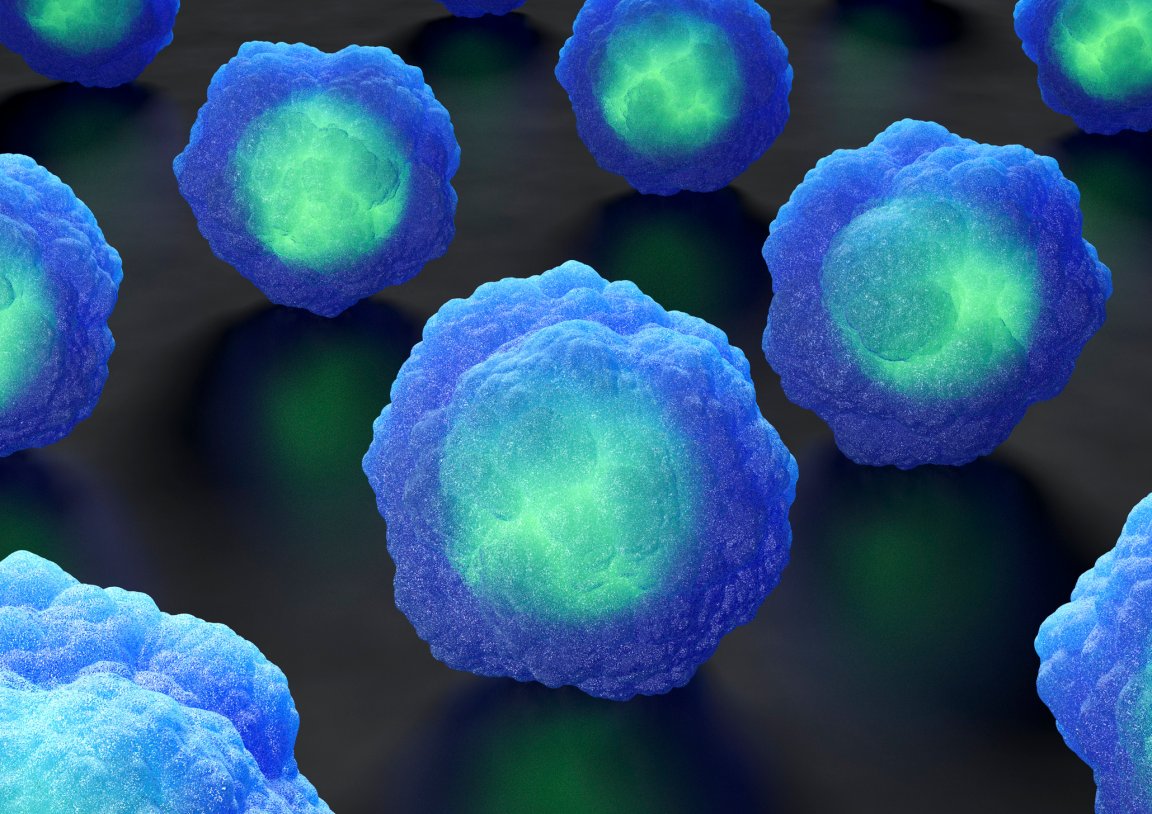
A New Type of Stem Cell
While much has been gleaned about the power of stem cells over the last few decades, researchers from the Salk Institute and Peking University in China recently found out there’s plenty left to discover — and invent. Nature, it seems, will always keep you guessing.
In a study published in the journal Cell, the team of researchers revealed they had succeeded in creating a new kind of stem cell that’s capable of becoming any type of cell in the human body. Extended pluripotent stem cells — or EPS cells — are similar to induced pluripotent stem cells (iPS cells), which were invented in 2006.

The key difference between the two is that iPS cells are made from skin cells (called fibroblasts) and EPS cells are made from a combination of skin cells and embryonic stem cells. iPS cells are the hallmark of stem cell research and can be programmed to become any cell in the human body — hence the “pluripotent” part of their name. EPS cells, too, can give rise to any type of cell in the human body, but they can also do something very different — something unprecedented, actually: they can create the tissues needed to nourish and grow an embryo.
“The discovery of EPS cells provides a potential opportunity for developing a universal method to establish stem cells that have extended developmental potency in mammals,” says Jun Wu, one of the study’s authors and senior scientist at the Salk Institute, in the organization’s news release.
Chemicals and Chimeras
When a human — or any mammalian — egg gets fertilized, the cells divide up into two task forces: one set is responsible for creating the embryo, and the other set creates the placenta and other supportive tissues needed for the embryo to survive (called “extra-embryonic tissues”). This happens very early in the reproductive process — so early, in fact, that researchers have had a very hard time recreating it in a lab setting.
By culturing and studying both types of cells in action, researchers would not only be able to understand the mechanism that drives it, but hopefully could shed some light on what happens when things go wrong, like in the case of miscarriage.
The researchers at the Salk Institute managed to form a “chemical cocktail” of four chemicals and a type of growth factor that created a stable environment in which they could culture both types of cells in an immature state. They could then harness the two types of cells for their respective abilities.
What they discovered was that not only were these cells extremely useful for creating chimeras (where two types of animal cells — or human and animal cells — are mixed to form something new), but were also technically capable of creating and sustaining an entire embryo. At least in theory: while they were able to sustain both human and mouse cells, the ethical considerations of creating a human embryo this way have prevented them from attempting it.
That being said, there’s no shortage of applications for this type of stem cell: researchers will be able to use them to model diseases, regenerate tissue, create and trial drug therapies, and study in depth early reproductive processes like implantation. Human-animal chimeras may also help engineer organs for transplant — or, you know, give rise to the next superhero.